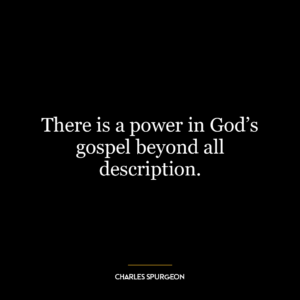It is not the bigness of the words you utter, but the force with which you deliver them.
This quote suggests that the impact of one’s words is not determined by their complexity or sophistication, but rather by the passion and conviction behind them. It implies that powerful communication is less about vocabulary and more about emotion, intensity, and belief.
The ‘bigness’ of words can be seen as a metaphor for using complex language or jargon. These might sound impressive but may not necessarily convey the intended message effectively or evoke desired emotions in the listeners. On the other hand, ‘force’ signifies the energy, emotion, and sincerity with which words are delivered. Even simple words spoken with genuine passion can resonate deeply with an audience.
In today’s world filled with information overload and short attention spans, this concept holds even greater relevance. Whether it’s in a professional setting like delivering a presentation at work or a personal scenario such as expressing feelings to loved ones – what truly matters is how sincerely you communicate your thoughts.
For instance, in public speaking or leadership roles – it’s not always about using big technical terms but more about speaking from your heart to inspire others. Think of some of history’s most influential speeches; they aren’t remembered for their complex language but for their emotional resonance – think Martin Luther King Jr.’s “I have a dream” speech.
In terms of personal development too, this idea encourages authenticity over pretense. It promotes being true to oneself while communicating rather than hiding behind complicated language. This could lead to healthier relationships since sincerity often brings trust and respect along with it.
Lastly from a societal perspective too – if leaders (whether political or corporate) communicated more transparently & passionately instead of resorting to jargon-filled rhetoric; there could be better understanding & trust between them and those they lead.









